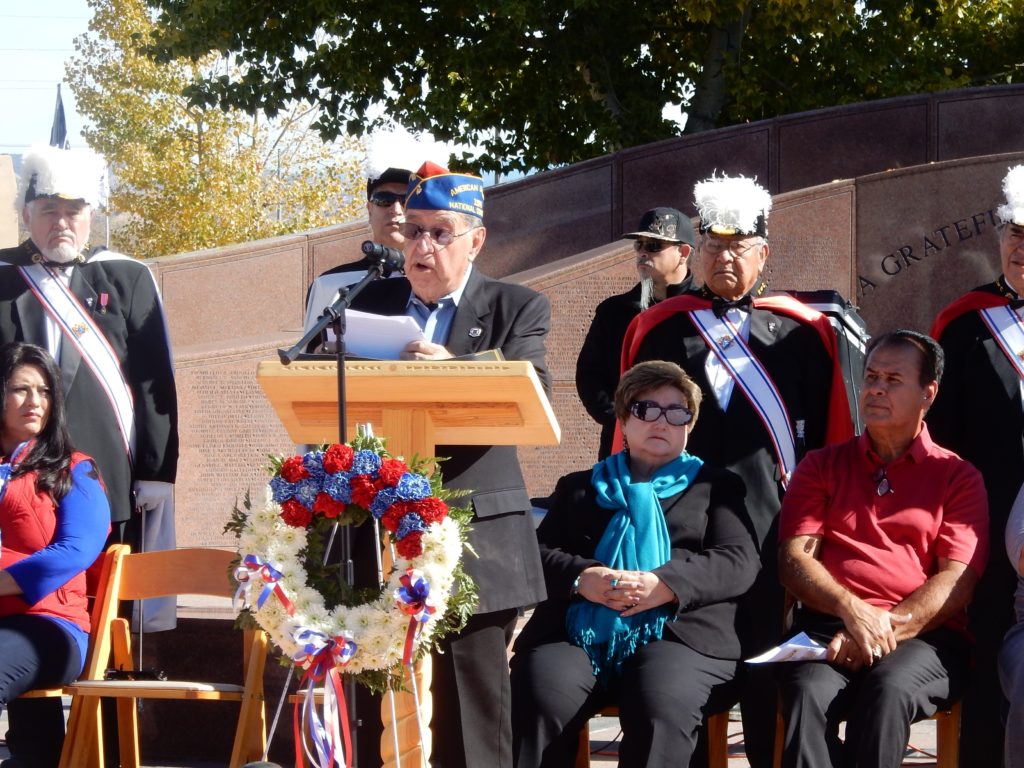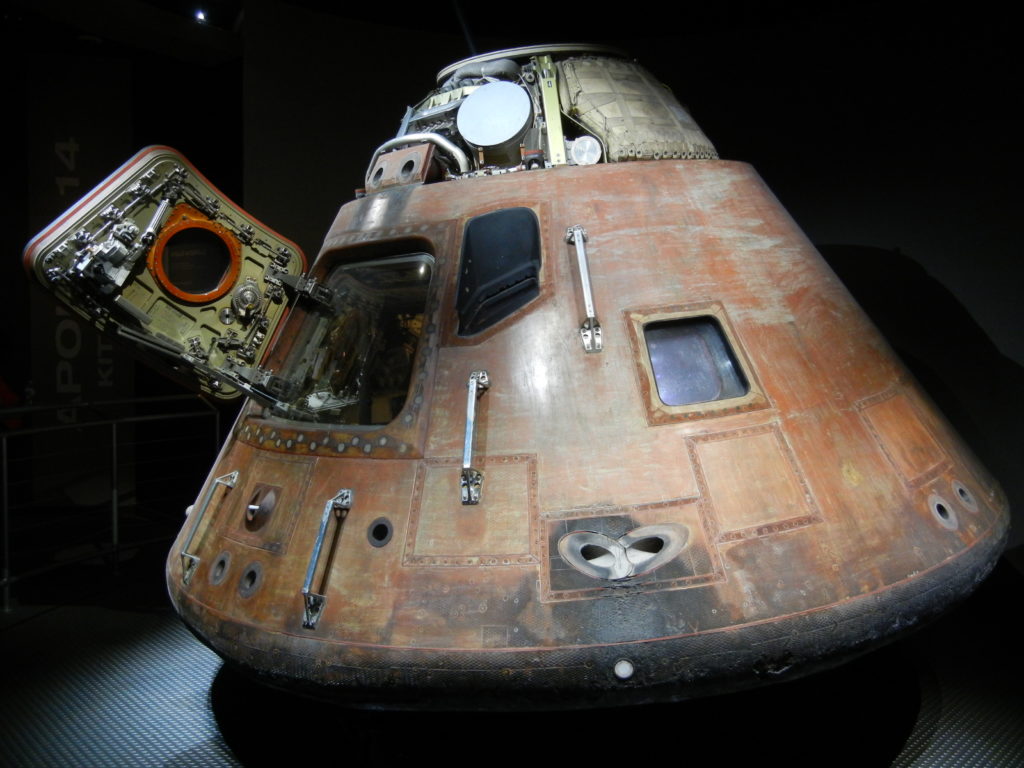This summer, as we celebrated the 51st anniversary of the moon landing and witnessed the successful SpaceX launch and splash down, the RH team “launched” our smaRHt culture program with an event that reflected on the last 50-plus years of U.S. space exploration and discussed what the future might hold.
Our smaRHt culture program is aimed at engaging our team around intentional discussions where we can learn something new, add value to our work, and further our personal and professional understanding of the world around us and our clients. Our first guest speaker was Jake Alarid, a former Apollo and Space Shuttle reliability test engineer and Korean War veteran.
After serving as a Marine during the Korean War, Alarid used the G.I. Bill to earn his degree and was hired to work on pilotless drones in White Sands New Mexico in 1959. The following year, he returned to Los Angeles to work for North American Rockwell as a test engineer on air-to-surface missiles and later on the Apollo capsule and the Space Shuttle. Alarid worked through some of the industry’s major disasters to assess what went wrong and how to fix it, including the Apollo 1 test pad fire and the Apollo 13 and the Space Shuttle Challenger explosions, and he was called out of retirement following the Space Shuttle Columbia disaster.
Giant Leap in Technology
Alarid discussed how technology has changed over the years – from slide rules and computers the size of a room to tiny computers we now wear on our wrists — and how innovations originally designed for the space program have become essential technology on Earth. We all know about Velcro, but the Apollo program also developed the technology used to transmit critical health data from an ambulance to the hospital (a result of needing to transmit astronaut data from the Apollo back to headquarters), as well as remote water sensing used to monitor crops and drought regions.
What Success Looks Like
Alarid credits his success to being in the right place at the right time and taking advantage of the opportunities given to him. He worked for the same company for more than 30 years, building a reputation as a committed professional and drawing on his personal connections to further the progress of space exploration. Due to his role as National Commander of the G.I. Forum, a Congressionally chartered Hispanic veterans organization, Alarid had the opportunity to meet with Presidents Reagan, Bush (41) and Clinton on multiple occasions and was asked by company executives to assist with lobbying for additional funding for a new space vehicle following the Challenger disaster (a request that Congress granted).
In the 1960s, Alarid was one of only five Hispanics that worked on the space program at his facility, and as the only one fluent in Spanish Alarid was asked to narrate both the launch and landing of the Apollo and the first launch of the Space Shuttle on local Spanish television. As one of the few minorities, Alarid was proud to be able to compete with the other engineers and has used that experience to visit schools and encourage minority students to take up coursework in the STEM fields.
The Future of Space
As to whether we’ll put humans on Mars, Alarid says, “Not in my lifetime.” But he thinks there will be a focus on building a moon station similar to the Space Station where astronauts can live and work, and he believes NASA will continue to work with private companies to further space exploration.
What’s Next
Our new smaRHt culture program has already coordinated a schedule of events featuring some amazing guest speakers and topics. Stay tuned for more updates on the program this fall!
***
RH Strategic is a Seattle and D.C.-based communications firm with a nationwide presence and additional global reach via membership in the Worldcom Public Relations Group. We provide strategic public relations for innovators in the technology, public sector and healthcare markets.



